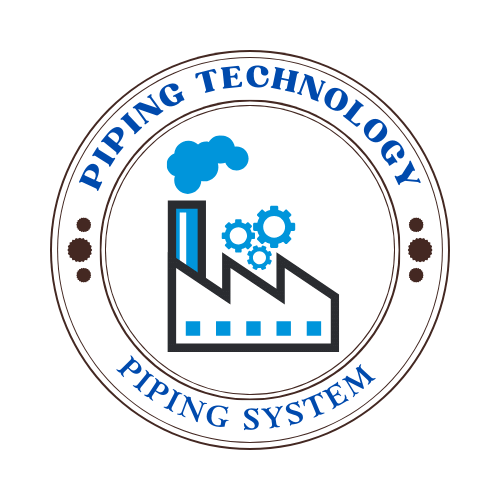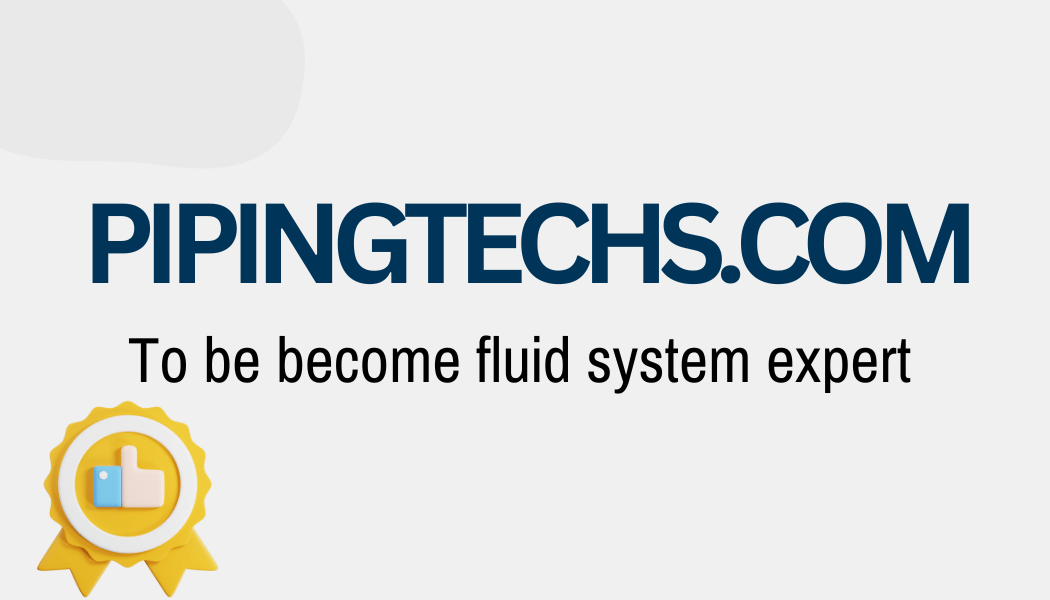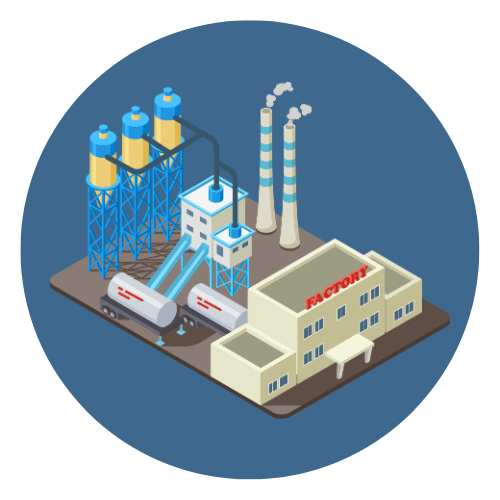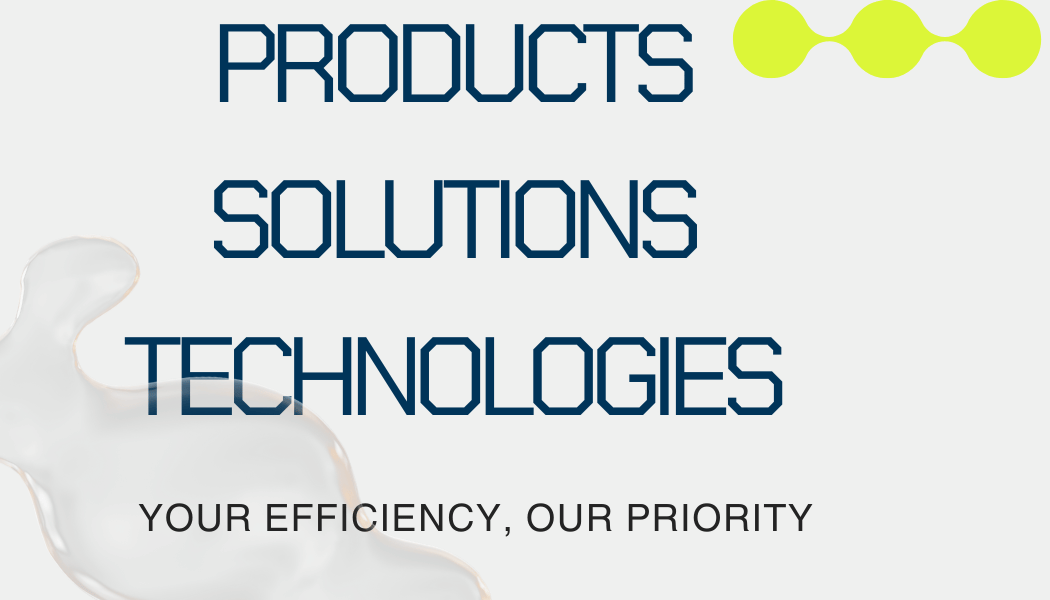ASME B31.3 – Process Piping Standard
Contents


Contents1 I. Scope and Purpose of ASME B16.341.0.1 Scope1.0.2 Purpose2 II. Valve Types Covered by ASME B16.342.0.1 1. Gate Valves2.0.2 2. Globe Valves2.0.3 3. Check Valves2.0.4 4. Ball Valves2.0.5 5. Plug Valves2.0.6 6. Butterfly Valves2.0.7 7. Pressure Relief Valves (PRVs)2.1 Key Features Across Valve Types3 III. Pressure-Temperature Ratings in ASME B16.343.0.1 Key Concepts3.0.2 Pressure-Temperature Rating […]

Contents1 I. Scope and Purpose of ASME B16.91.1 Scope of ASME B16.91.2 Purpose of ASME B16.92 II. Dimensions and Tolerances in ASME B16.92.1 Overview2.1.1 Key Dimensional Specifications2.1.2 Tolerances2.1.3 Importance of Dimensions and Tolerances3 III. Material Specifications in ASME B16.93.0.1 Overview3.0.2 Commonly Used Materials3.0.3 Material Properties3.0.4 Standards for Materials3.0.5 Material Identification and Certification3.0.6 Importance of Material […]

Contents1 I. What is ASME B18.2.1 ?2 II. Purpose and Scope of ASME B18.2.12.0.1 Purpose of ASME B18.2.12.0.2 Scope of ASME B18.2.13 III. Key Components and Specifications of ASME B18.2.13.0.1 1. Hex Head Bolts3.0.2 2. Square Head Bolts3.0.3 3. Cap Screws3.0.4 4. Tolerance Specifications3.0.5 5. Material Guidelines3.0.6 6. Strength Grades and Markings3.0.7 7. Surface Finish […]

Contents1 I. Scope of ASME B16.111.1 Industry Applications1.2 Pressure Classes and Material Specifications1.3 Purpose and Importance2 II. Types of Fittings in ASME B16.112.0.1 1. Socket-Weld Fittings2.0.2 2. Threaded Fittings2.1 Comparison of Socket-Weld vs. Threaded Fittings3 III. Material and Pressure Classifications in ASME B16.113.0.1 1. Materials Used in ASME B16.11 Fittings3.0.2 2. Pressure Classes in ASME […]

Contents1 I. What is ASME B16.5 Standard ?1.1 Scope and Purpose1.2 Key Features of ASME B16.51.3 Importance of ASME B16.5 Compliance2 II. Type of flange defined in ASME B16.52.1 1. Weld Neck Flange2.2 2. Slip-On Flange2.3 3. Socket Weld Flange2.4 4. Threaded Flange2.5 5. Lap Joint Flange2.6 6. Blind Flange2.7 7. Ring-Type Joint (RTJ) Flange3 […]

Contents1 I. What is ASME A519 Standard?1.1 Key Aspects of the ASME A519 Standard:1.2 Why ASME A519 Is Important:2 II. Scope and Applications of ASME A5192.1 Scope of ASME A5192.2 Applications of ASME A5192.3 Why ASME A519 Tubing is Preferred3 III. Material Specifications in ASME A5193.1 1. Steel Types:3.2 2. Chemical Composition Requirements:3.3 3. Mechanical […]

Contents1 I. What are API 6A Standards?1.1 Key Aspects of API 6A Standards:2 II. Key Components and Specifications of API 6A2.1 1. Wellhead Equipment2.2 2. Christmas Trees2.3 3. Connectors and Flanges2.4 4. Material Requirements2.5 5. Pressure and Temperature Ratings2.6 6. Testing and Quality Assurance2.7 7. Design and Manufacturing Standards2.8 8. Traceability and Documentation3 III. Design […]

Contents1 I. What is API 620?1.0.1 Key Aspects of API 620:2 II. Scope of API 620 Standard2.0.1 Key Elements of the API 620 Scope:3 III. Design Requirements for API 620 Tanks3.0.1 1. Structural Design Criteria:3.0.2 2. Materials and Toughness:3.0.3 3. Welding Standards and Procedures:3.0.4 4. Tank Roof and Bottom Design:3.0.5 5. Environmental and Loading Considerations:3.0.6 […]

Contents1 I. Scope of the API 1104 Standard1.0.1 Applications Beyond Pipelines2 II. Key Sections of the API 1104 Standard2.0.1 1. Welding Procedure Specifications (WPS)2.0.2 2.0.3 2. Qualification of Welding Procedures2.0.4 3. Welder Qualification2.0.5 4. Inspection and Testing2.0.6 5. Defect Acceptance Criteria2.0.7 6. Repair and Rework of Welds2.0.8 7. Design and Preparation of the Weld Joint2.0.9 […]

Contents1 I. Purpose and Scope of SAE J4292 II. Material Specifications in SAE J4292.1 Coating and Plating Requirements3 III. Mechanical Properties of SAE J429 Grades3.1 Additional Mechanical Properties3.2 Heat Treatment and Surface Hardness3.3 Summary of Mechanical Properties by Grade:3.4 Importance of Mechanical Properties in Fastener Selection4 IV. Testing and Quality Standards4.0.1 1. Tensile Testing4.0.2 2. […]


 Automation System
Automation System  Energy Engineeing
Energy Engineeing  Instrumentation System
Instrumentation System  Mechanical Engineeing
Mechanical Engineeing  Piping Technologies
Piping Technologies  Transportations
Transportations  Manufacturing
Manufacturing  Training Material
Training Material 